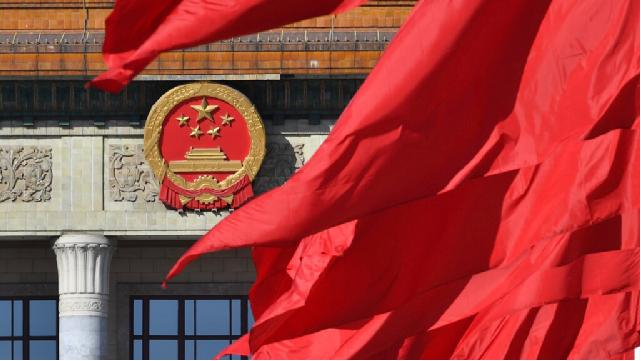
(Photo: CGTN)
For 128,000 poor villages across China, each of them is assigned a team of three to five civil servants from above-county-level departments as well as from state-owned enterprises or institutions. The civil servants are on the government payroll, and their job is to help with poverty alleviation.
Huang Haijun, who is in his thirties, is the party secretary of Lingmen Village, Qiongzhong County in China's southern-most province, Hainan. He has been working here voluntarily since 2015. The day when his application was approved, his child was only nine months old. Every day, he goes around the village and talks to people, trying to learn what kind of assistance they need. For some local residents, the areca-nut is an important source of income.
In China, the national poverty line currently stands at an annual income of about 3,300 yuan, that is, 1.50 US dollars per person per day. Even considering purchasing power parity (PPP), this is still extreme poverty. According to data from the National Statistics Bureau, the poverty rate in Hainan declined from 3.9 percent in 2017 to 1.3 percent in 2018. This achievement is directly related to the work of more than 50,000 party secretaries and local officials like Huang.
Though China has made tremendous progress in its poverty alleviation campaign, it also confronts a contradiction. The contradiction is between imbalanced and inadequate development versus the people's ever-growing needs for a better life. Since the market alone can't address this problem, and government has its limitations, the Communist Party of China (CPC), a special force in China - the vanguard of the Chinese working class, people and nation - must play the leading role.
However, in leading China, the CPC, by far the biggest party in Chinese politics, needs to cooperate with the other non-CPC parties, which are not opposition parties, but participating parties led by the CPC, whose main functions are political consultation, democratic supervision, and participation in the deliberation and administration of state affairs.
These non-CPC parties have their own connections with people of particular social circles. They advise, cooperate with, and supervise the CPC. During these “democratic consultations”, the views of all the non-CPC parties are respected by the CPC. Without the non-CPC parties, all of Chinese people cannot be represented fully. Thus, the CPC must treat non-CPC parties properly.


